Iraq's parliament debates controversial amendment to general amnesty law
The Iraqi parliament, on Sunday, completed the first reading of a bill proposing an amendment to the country’s General Amnesty Law, fulfilling a critical demand from the Sunni political blocs for their participation in forming the current government under Prime Minister Mohammed Shia' Al-Sudani.
Sunni blocs hope the parliament will pass the amendments to release thousands of inmates from their community, many of whom were arrested under Article 4 of the Anti-Terrorism Law. Critics argue that these arrests often stem from personal vendettas, fabricated charges, and secret informant reports. The penalty under Article 4 is execution.
"The bill has been sent by the Iraqi government for amending Iraq's General Amnesty Law, also known as Law No. 27 for the year 2016, and it has been discussed by several parliamentary committees," Dara Sekaniani, a member of the parliament's legal committee, told The New Arab. "According to the bill, pardoning will not include those who were involved in terrorism, violent acts, drugs, intentional murder, or those who caused damages to public properties. The pardoning, as per the bill, will be for those who have not committed serious crimes and were sentenced for several years based on some kind of suspicions."
To become a binding law, the Iraqi parliament must conduct three readings for any bill, debate it thoroughly, and then vote on it unanimously.
The bill, however, faces strong opposition from Yazidi lawmakers. They claim it proposes releasing former ISIS collaborators who participated in genocide against the religious minority in Sinjar when the extremist group occupied two-thirds of Iraq's territory in 2014.
Recently, the Iraqi Justice Ministry refuted allegations that it is conducting secret executions for inmates charged under the Anti-Terrorism Law. Sunni leaders argue that thousands from their community have been unjustly imprisoned in Shiite-dominated Iraq since 2003 due to alleged links to terrorist groups.
In related developments, Iraq's Justice Ministry announced on Monday the release of over 750 inmates across several provinces in July.
These proposed changes come amid an alleged alarming increase in executions in Iraqi prisons. Rights watchdog Amnesty International has repeatedly criticised Iraqi authorities this year over multiple executions, including instances where more than ten prisoners were executed in one day. More than 8,000 prisoners are purportedly on death row in Iraq, with at least 150 at imminent risk of execution, according to Amnesty International.
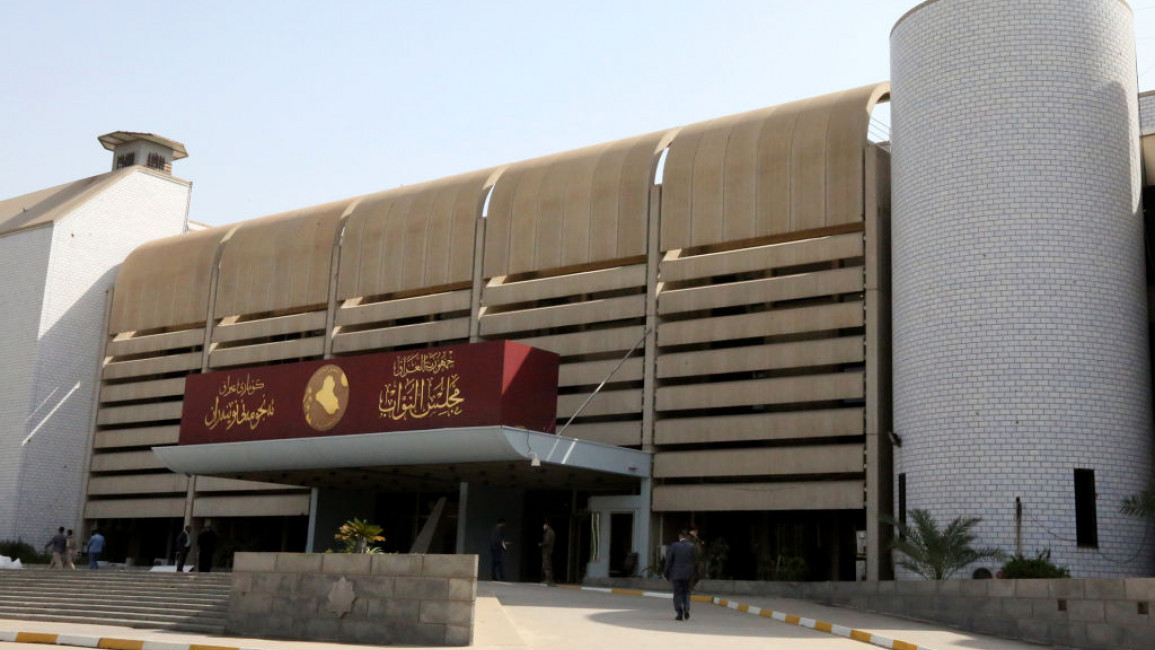
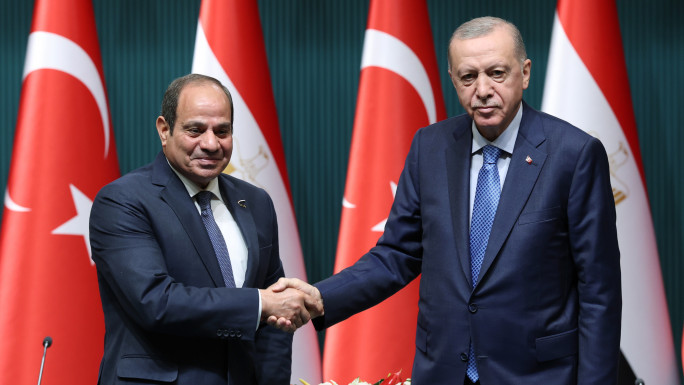
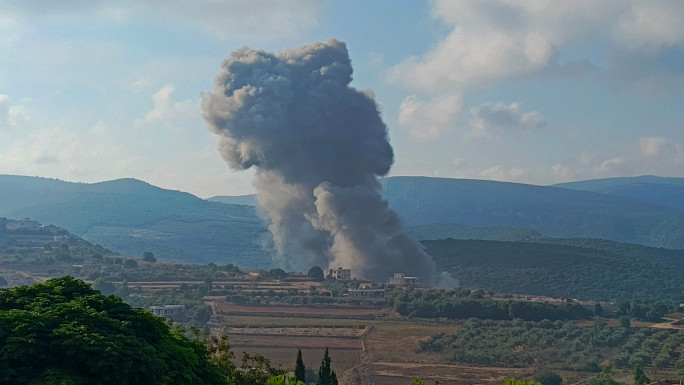
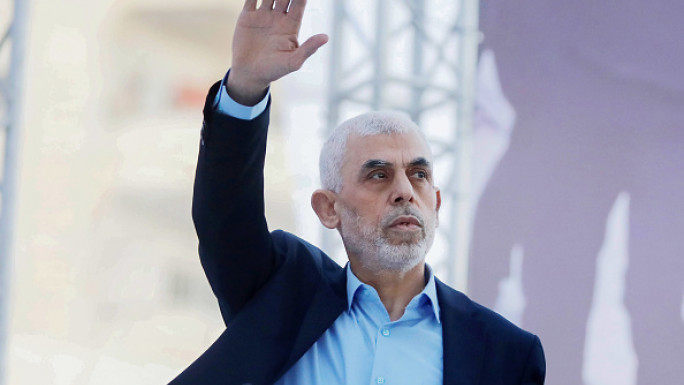
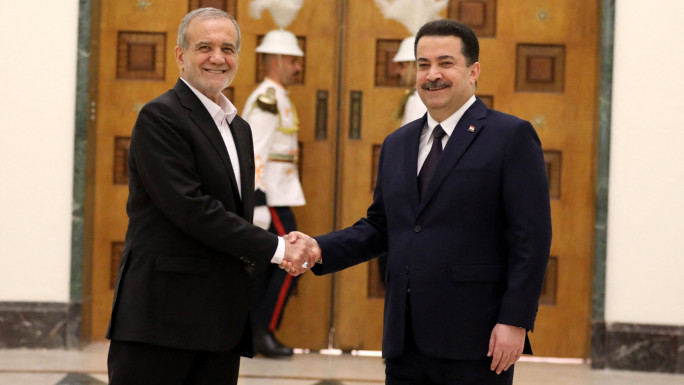


![Palestine sat next to member states at the United Nations General Assembly on Tuesday [GETTY]](/sites/default/files/styles/image_330x185/public/1441455581.jpeg?h=199d8c1f&itok=ZcyL9f8O)
